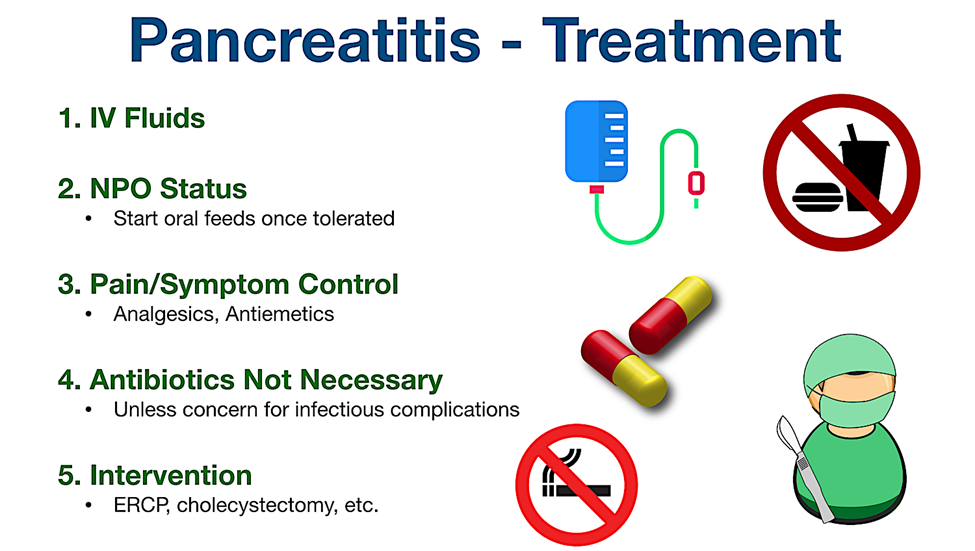A nurse is teaching a client diagnosed with hepatitis A. Which of the following information should the nurse include?
Hepatitis A infects the kidneys.
Manifestations of the virus are similar to flu-like symptoms.
The incubation of the virus is 5 days.
A family history increases your risk for acquiring hepatitis A
The Correct Answer is B
A. Hepatitis A does not infect the kidneys. Hepatitis A is a viral infection that primarily affects the liver, causing inflammation.
B. Manifestations of hepatitis A are indeed similar to flu-like symptoms. Common symptoms include fever, fatigue, nausea, vomiting, abdominal pain, loss of appetite, and jaundice (yellowing of the skin and eyes).
C. The incubation period for hepatitis A is typically 15 to 50 days, not 5 days. The incubation period is the time between exposure to the virus and the onset of symptoms.
D. A family history is not a significant risk factor for acquiring hepatitis A. Hepatitis A is primarily transmitted through the fecal-oral route, often due to contaminated food or water. It is more commonly associated with exposure to the virus through contaminated environments or ingestion of contaminated food or water.
Nursing Test Bank
Naxlex Comprehensive Predictor Exams
Related Questions
Correct Answer is C
Explanation
A. Storing unopened bottles of insulin in the freezer is incorrect. Insulin should be stored in the refrigerator, and freezing can damage the insulin.
B. Having a morning blood glucose level between 200 and 230 is too high. The target range for fasting blood glucose is generally lower, and elevated levels may indicate the need for adjustment in insulin or other medications.
C. Eating a snack half an hour before playing soccer is a correct understanding. This helps prevent hypoglycemia during physical activity. Physical activity can lower blood glucose levels, and a pre-activity snack can provide additional carbohydrates to prevent low blood sugar.
D. Not taking regular insulin when sick is incorrect. In fact, insulin needs may increase during illness, and it is usually recommended to continue taking insulin even when sick. Adjustments to the insulin regimen may be needed under the guidance of healthcare providers.
Correct Answer is D
Explanation
A. Provide oral hygiene.
Providing oral hygiene is important for the client's comfort and overall well-being. However, in the context of acute pancreatitis, the immediate priority is to address the gastrointestinal symptoms and prevent further pancreatic stimulation.
B. Assist the client to a side-lying position.
Assisting the client to a side-lying position can be beneficial for comfort and may help prevent complications such as aspiration. However, it is not the immediate priority after treating the pain. Withholding oral fluids and food takes precedence in the initial management of acute pancreatitis.
C. Auscultate the client's lungs.
Auscultating the client's lungs is a routine nursing assessment and is important for respiratory monitoring. However, in the context of acute pancreatitis, the primary focus is on addressing gastrointestinal symptoms, and respiratory assessment becomes more critical if respiratory distress is suspected.
D. Withhold oral fluids and food.
Withholding oral fluids and food is the priority intervention after treating the pain in acute pancreatitis. This is done to reduce pancreatic stimulation, allowing the pancreas to rest and recover. NPO (nothing by mouth) status is often initiated in the early management of acute pancreatitis.

Whether you are a student looking to ace your exams or a practicing nurse seeking to enhance your expertise , our nursing education contents will empower you with the confidence and competence to make a difference in the lives of patients and become a respected leader in the healthcare field.
Visit Naxlex, invest in your future and unlock endless possibilities with our unparalleled nursing education contents today
Report Wrong Answer on the Current Question
Do you disagree with the answer? If yes, what is your expected answer? Explain.
Kindly be descriptive with the issue you are facing.
